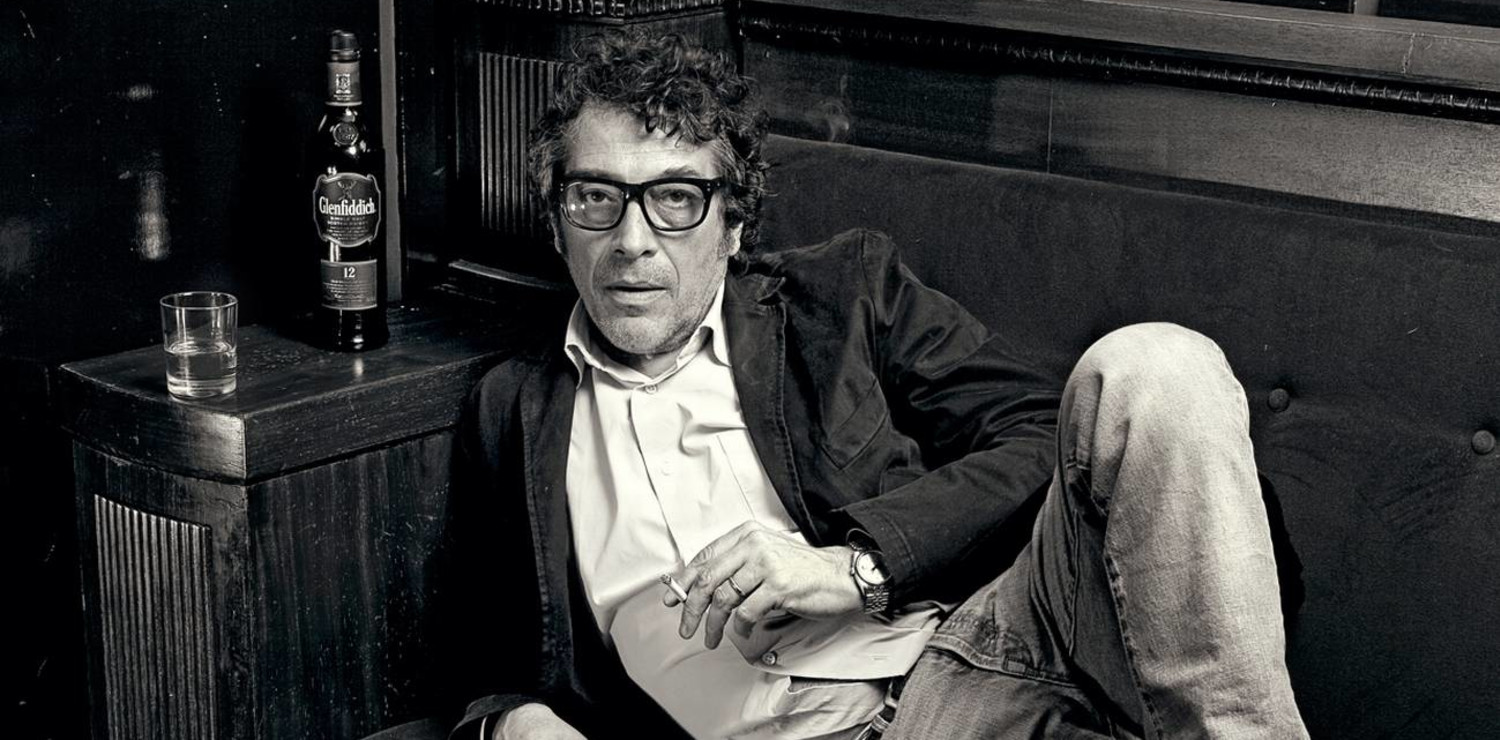Sandro Veronesi. Reflections after the lockdown
No one changes alone: the lesson of Prato and the need for a different world
An article of 21 March in the Corriere della Sera brought the story of a different Prato to the front page. Sandro Veronesi's reflection (discover the reading of the Tuscan author exclusively for us) began with a photo of an anonymous author who was on the web: a very long and perfectly geometric tail taken from above in front of an Esselunga of the city. "The first thing that comes to mind, seeing it - Veronesi commented in the piece - is Golconda by Magritte".
But beyond Magritte and the restlessness also dictated by the historical moment, Veronesi revealed his pride for his city which, given as a doomed at the beginning of the pandemic for the conspicuous presence of Chinese people, had learned a lesson of great respect and civic sense from the Chinese community.
And she had managed to put it into practice in a very short time. The article closed by saying: "Whatever the end of this matter is, when it is over Prato, while remaining the same, will be a different city. And if Prato is, the whole of Italy can be a different city."
Now that we have the peak of the pandemic behind us, we asked Sandro to give us his vision of the future scenarios, to understand if this diversity perceived during the lockdown and dictated above all by fear and uncertainty will become a new common way of feeling us and others.
Covid-19 is taking us on a new course, in which we are experiencing a social and economic emergency, great changes in our daily lives, but also a rediscovery of human values. How do you see this new world that is appearing?
For the moment we are all still traumatized by the two months of quarantine and it is not possible to make predictions about how each of us will behave when the trauma is reabsorbed. Assuming it fully reabsorbed. Certainly, the changes that I hope for, in myself first and foremost, but also in others, will have to come from precise and conscious choices, and not from the conditioning for defence against contagion.
I feel that I am expressing intentions around me, and some of them I make my own, regarding the recovery of a greater naturalness of life, a lesser recourse to behaviors that we know are toxic (going less by car, going less by plane, walking, recovering the slowness), but between this and their effective implementation when we can choose again, there is a lot of progress. For sure, a collective movement will be necessary: no one saves himself, is repeated, and no one changes himself. But for now there is no new world on the horizon, only the collapse of the old one.
What are the difficulties and opportunities you see for culture?
Even here, it's too early to say. I can hope for a different balance between offer and fruition, a different distribution of thought and works, taking advantage of the alternative solutions that lockdown has forced us to find compared to the traditional system. Here too, less recourse to physical displacement and greater use of private forms of remote contact, with the internet, e.book and audiobooks more relevant than before. Without, however, giving up important public events, the physicality and materiality of the transmission of culture.
A change in the means, and above all in the proportion between them, to find ways to escape from the pandemic, first of all, but also, afterwards, permanent forms of presence and proximity that make better use of the opportunities that technology offers us. But here, too, these are vague hopes and intentions, still too conditioned by prohibitions, which now make certain choices obligatory. It will certainly take courage, and since culture is also industry, it will take entrepreneurial courage, investment and, on the public side, the provision of powerful infrastructures to be able to give everyone the same opportunities, and not just part of the population. Because otherwise the gulf that divides the world of culture from that which does without it would widen in a very dangerous way.









